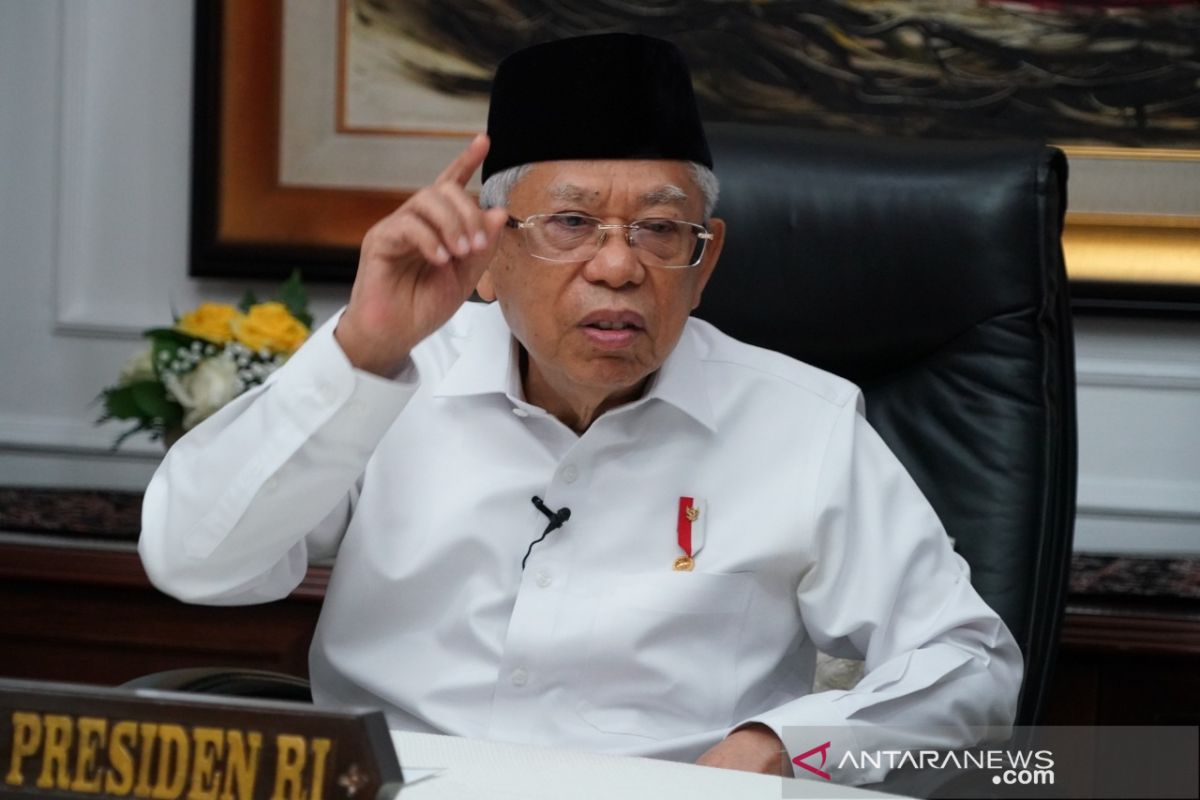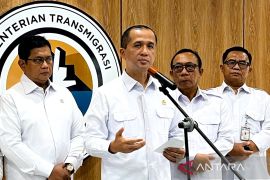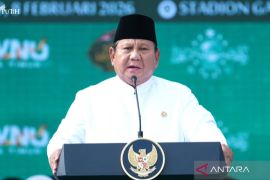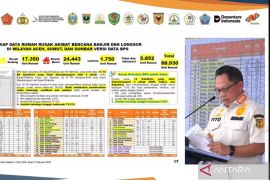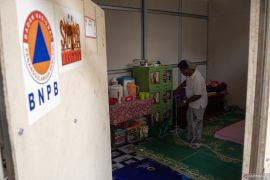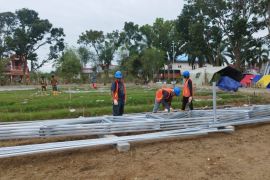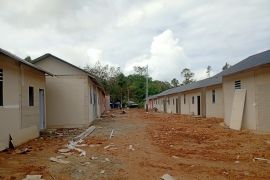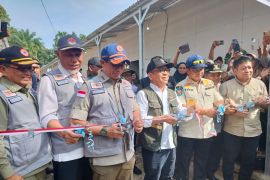"In 2020, owing to the COVID-19 pandemic, the One Million Houses Program had failed to meet the target of 1,000,000 units, albeit only reaching 965,217 units, of which approximately 80 percent were allocated to people from the low-income group," Amin noted in his remarks at the Sixth National Conference (Munas) VI of the Association of Indonesian Housing and Settlement Developers (Apersi) held online on Tuesday.
However, Amin was content with 96.5 percent of the target being achieved and not being too disappointing.
In fact, the target of allocating houses for people from the low-income bracket exceeded the target of 70 percent of the total houses, to 80 percent.
Related news: One million houses program missed target owing to pandemic: VP
"If viewed from the aspect of the home distribution target for the low-income community, the realization was 80 percent, as compared to 70 percent initially set for the One Million Houses Program in 2020," the vice president pointed out.
Under the One Million Houses Program, initiated in 2015, until now, as many as 5.4 million units were built, 70 percent of which were designated for housing for people from the low-income group.
Speaking in connection with the high housing backlog that reaches 11.04 million units, the vice president is optimistic that all relevant parties and stakeholders would expedite the construction of houses for low-income families.
On the basis of data of the Central Statistics Agency (BPS) in 2019, the number of Indonesia’s families that owned a house reached 80.07 percent, while the rest lived by renting a house, staying with relatives, or leading a nomadic existence. Related news: 601,637 houses constructed under One Million Houses Program: ministry
Translator: Fransiska N, Fardah
Editor: Rahmad Nasution
Copyright © ANTARA 2021
